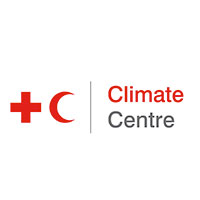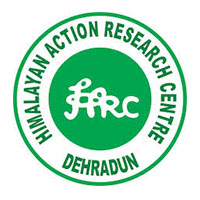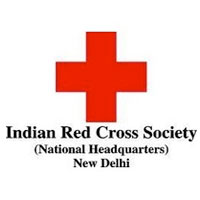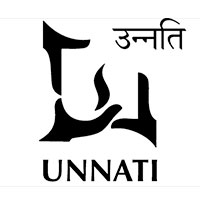India
Local context
In India, climate extremes are the new norm. In 2019, almost 50% of the country received deficient rainfall and major cities like Chennai faced tremendous challenges due to water scarcity. At the same time, parts of the country in Bihar and Odisha were ravaged by floods, affecting over 13 million people. The central government has doubled its budget for disaster management (mostly for relief) and has urged states to increase disaster risk mitigation budgets in response to rising disaster related losses. Over the years, mortalities have reduced, but financial and environmental losses have increased considerably.
From 1916 to 2019, 78% of all disasters in India were related to water (CRED database), therefore the focus of the programme on water related disaster remains relevant. Related to this, there is growing awareness of the importance of protecting ecosystems.
Programme I: Dialogue and Dissent
Partners for Resilience (PfR) India aims to strengthen capacities of civil society organisations to engage in dialogues with stakeholders around disaster risk reduction measures.
Among others, the partners undertook capacity strengthening of CSOs and Panchayats (village authorities). Furthermore, they engaged with district authorities to share information and knowledge on Integrated Risk Management approaches within the Development Plans of the Gram Panchayat (villages). In addition, PfR assisted in revising the District Disaster Management Plans in four districts in Bihar. At national level, PfR contributed to the revision of the national regulatory framework of wetlands and the revision of the National Disaster Management Plan. Engagement with state Disaster Management Authorities in Bihar and Gujarat resulted in the inclusion of safeguarding wetlands as risk reduction measures.
Examples of the activities and achievements in India:
- Making Chennai city climate-resilient: the Water as Leverage initiative.
- Empowered communities mobilise government funds.
- Awareness raising campaigns in India.
- Empowering Panchats: building trust in local governance institutions through development plans, lessons from Bhachau block, in Kutch district Gujarat.
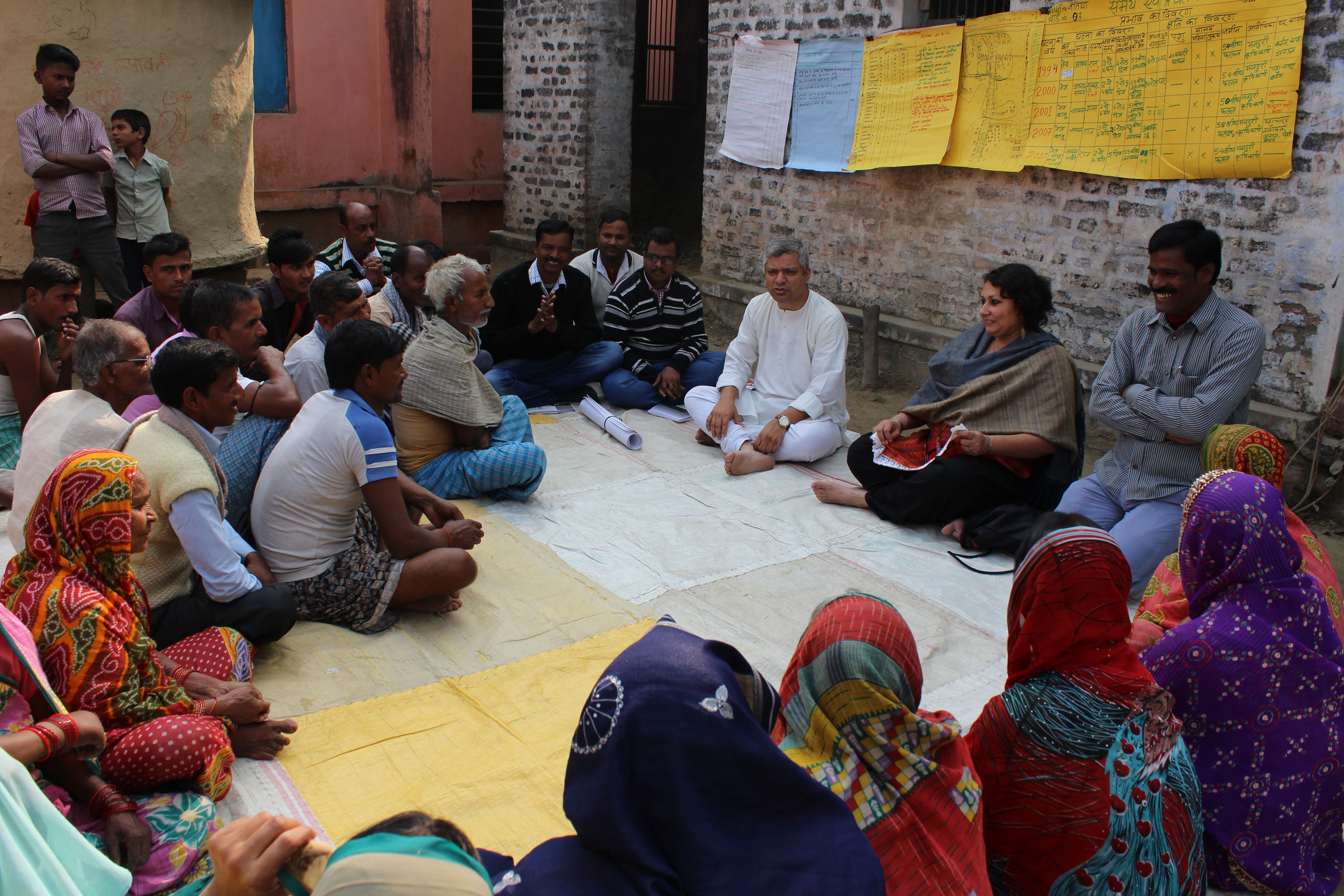
Programme II: Up-scaling Eco-DRR
In India, water mediated hazards such as floods and droughts cause immense loss to human well-being and environment. The risk is accentuated by loss and degradation of ecosystems which act as natural buffers and provide a safety net to communities and landscapes. Ecosystem-based Disaster Risk Reduction and Adaptation (Eco-DRR) approaches are significant pathways to reduce disaster risk and achieve sustainable development. The Partners for Resilience (PfR) consortium members, with support from European Union (EU-DEVCO) and Netherlands Red Cross are aiming to upscale community resilience through Eco - DRR approaches in select landscapes of India.
Overall objective of the three years (2019-2021) project is to upscale Eco-DRR approaches into practice and policy making for building community resilience to water induced disaster risk. Scalable models of community-based Eco-DRR will be developed, learning from field sites in Odisha, Bihar and Gujarat, wherein the project will design and implement measures for building resilience towards water-mediated disaster risks. The project will build on the principles of Integrated Risk management (IRM). The project also aims to work with leading knowledge centres to develop training modules on Eco-DRR and mainstreaming Eco-DRR approaches in regional policies.
Recent Resources
No resources available for this country.
Programmes
- Dialogue and Dissent Strengthening the capacity of civil society to engage in dialogues with stakeholders for improved disaster risk reduction policies, practices, and investments.
Read more - Up-scaling Eco-DRR Increasing communities resilience and reducing disaster risks through ecosystem-based solutions.
Read more







